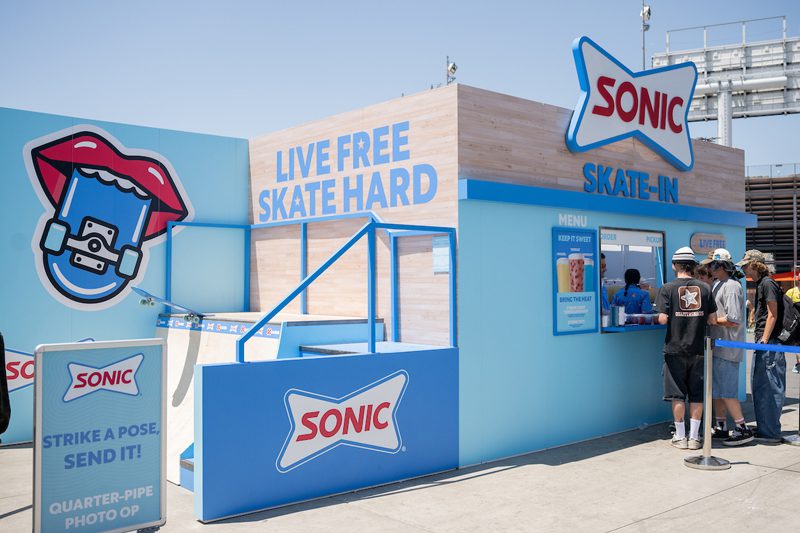In the midst of so much talk about Facebook and its ever-shifting privacy policies, it’s a bit refreshing to take a step back and take a look at the social networking giant’s statistics. According to Inside Facebook, the Web giant experienced solid growth in April after a sluggish March.
Facebook saw its active-user audience grow 6.2 percent, from 113 million in March to 120 million in April. The biggest and fastest-growing demographic was women ages 18-25, which accounts for 17.1 million of Facebook’s active users. Males ages 18-25 followed with 15.2 million active users.
For both genders, users ages 26-34 made up the second-largest demographic. Women between 35-44 follow closely behind, and appear to be a demographic that is at least partly driven by social games. A recent NPR story highlighted the trend of working mothers finding time to play social games.
According to a study conducted by Information Solutions Group and PopCap Games, 54 percent of social gamers are female, with 38 percent of this group saying they play several times per day. Thirty percent say they play two to three times per week, while 28 percent say they play once a day.
Males between 55-65 had the fastest growth rates in March, as that demographic grew 8.8 percent from the previous month, followed by males between 45-54, a group that grew 7.7 percent month-over-month.
Overall, users between 18-25 accounted for 29 percent of all Facebook users, followed by those 26-34 (22 percent), 35-44 (18 percent), 45-54 (13 percent), 13-17 (11 percent) and 55-65 (7 percent), according to Inside Facebook.
Last Friday, a leaded letter from Facebook noted that CPC advertisers might receive more clicks, while CPM advertisers will “continue to receive impressions but may receive less clicks.”
ClickZ talked with advertisers about the contents of the letter, and the consensus seemed to be a bit more nuanced than Facebook’s simple breakdown.
Some points that advertisers made to ClickZ were that there is more than meets the eye, funneling clicks toward CPC ads (which can be more expensive than CPM ads) will increase ad revenue for Facebook and this may signal that the social networking giant is confident about the CPC model, especially in light of their recent grab for more data.
Sources:
http://www.npr.org/templates/story/story.php?storyId=126136318
 Network
Network

